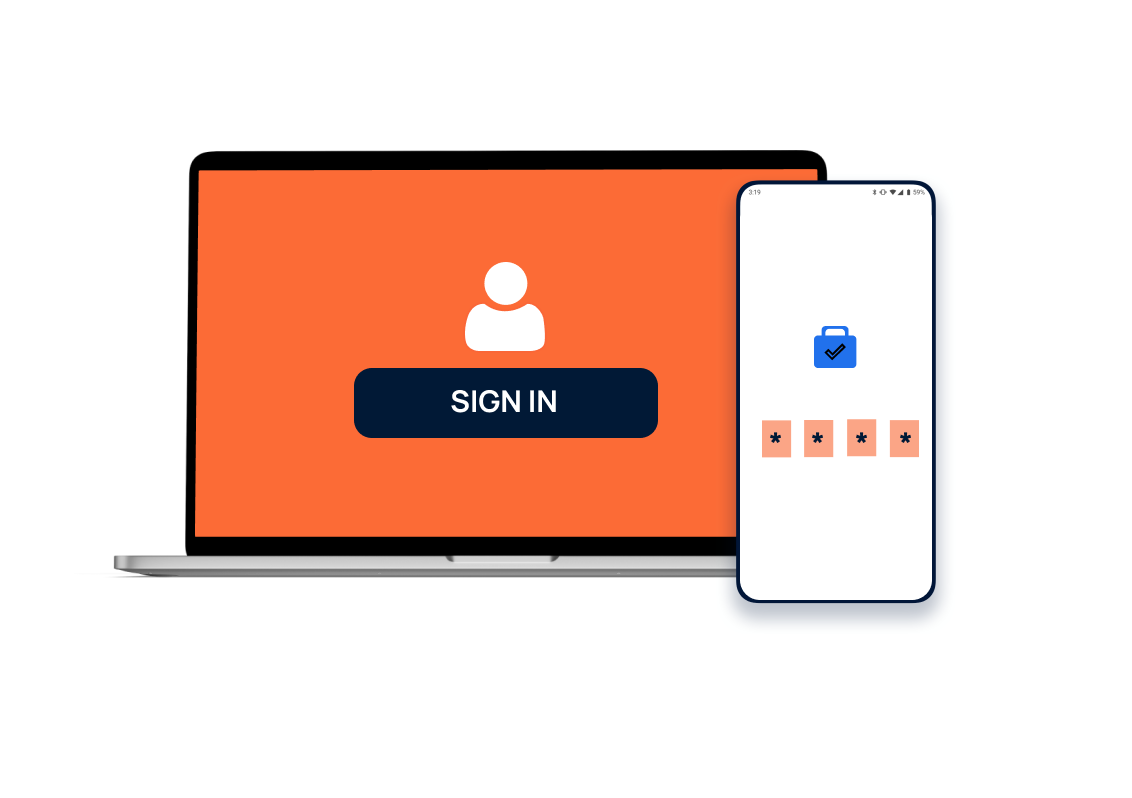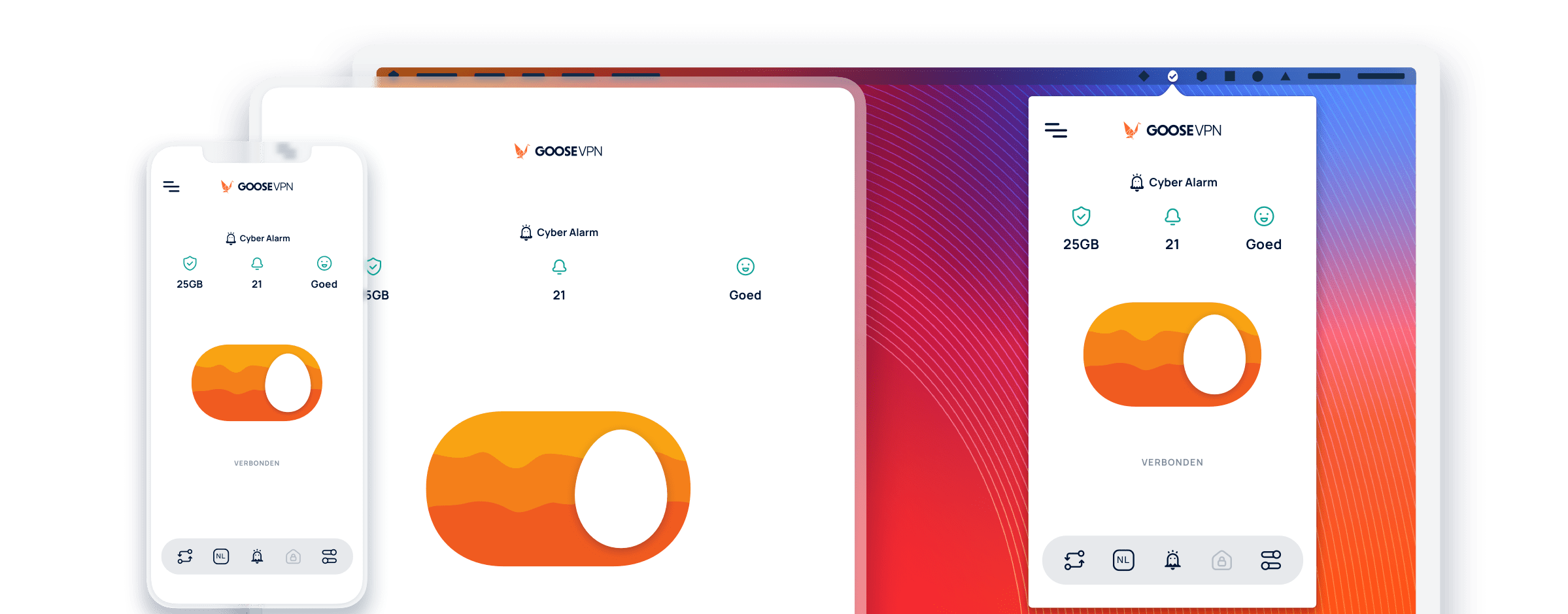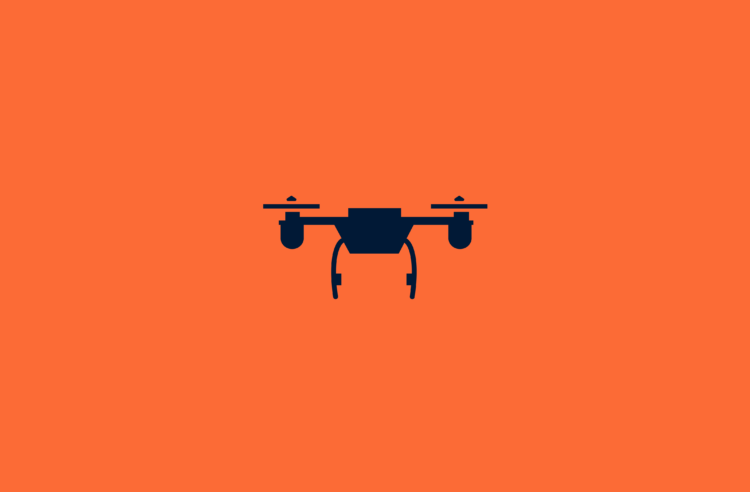
Cyber Security Month | How can you surf the internet safely?
Although the internet brings a lot of beauty, it also brings a lot of danger. Every day, More than 2244 cyber attacks are carried out worldwide (University of Maryland & ACSC). Do you want to use the internet safely, but don’t you know how? With these 9 handy tips from GOOSE VPN, you can surf the internet safely!
1. Check the URL
To be able to use the internet more safely, you can first look at the URL of a web page. A URL is a link that you type in the search bar on the internet, which will take you to the website you are looking for.
A URL can start in two ways. First of all, with HTTP, meaning HyperText Transfer Protocol, or with HTTPS, meaning HyperText Transfer Protocol Secure.
When you visit a web page whose URL starts with HTTP, it means that the data being sent is not encrypted. As soon as someone (for example a cybercriminal) manages to intercept this data flow, they can see which data is being sent. If the URL starts with HTTPS, the data is encrypted. You can then assume that you are dealing with a reliable website and that your personal data will not be leaked.
To surf the internet a bit more safely from now on, you can always check whether you are visiting an HTTP or HTTPS URL.
2. Keep your devices up to date
If you do not update your devices in time, these devices will use outdated, and therefore vulnerable, software for a longer period. Cybercriminals love this outdated software because it makes it easier for them to get into your systems.
Without you even realizing it, cybercriminals have stolen your personal data or installed malicious software (malware) on your device in no time. Want to learn more about the importance of software updates? Then read our blog ‘This is why you should always update your software‘.
3. Browse the internet safely with a VPN
To become a real professional in the field of safe internet browsing, you can use a VPN. A VPN connection ensures a secure connection between you and the internet. Your internet traffic is encrypted, which means that cyber criminals cannot monitor your internet traffic.
GOOSE VPN is a Dutch provider of VPN connections, where you can use a reliable VPN connection at an affordable price.
Holidays Deal - Lifetime VPN for €149.00
Start today with GOOSE VPN and get this deal! You can try it 30 days without any risk with our 30 day money back guarantee
START NOW4. Use a password manager
A password manager is a program that stores all your passwords, along with usernames, for you. In addition, the program automatically fills in your login details for you as soon as you want to log in somewhere.
If you end up on a website that looks like a ‘real’ website but isn’t, the password manager won’t fill in your login details. This is because the URL of the ‘fake’ website does not match the URL of the ‘real’ website stored in the program. By using a password manager you prevent your login details from being entered in the wrong places, and cybercriminals can get away with your login details.
5. Use multi-factor authentication
A good addition to the password manager is the use of multi-factor authentication.
It often happens that you have to log in via the internet. You do this using your username and password. When cybercriminals get their hands on this data (for example through a data breach), they can easily log in to your account and abuse it.
To prevent this, you can use multi-factor authentication. This adds an extra step to the login process. For example, in addition to your username and password, you also need to enter a code that will be sent to your phone. Without this code, cybercriminals have no use for your login details.
By using multi-factor authentication you are always one step ahead of cybercriminals.
6. Use detection software
Detection software is a software developed to recognize cyber threats. As soon as your device is infected with malware, you will receive a notification so that you can solve the problem early.
An example of this detection software is the Cyber Alarm from GOOSE VPN. This alarm notifies you as soon as malicious software is detected on your device.
7. Use antivirus software
Antivirus software is a program that monitors all your internet traffic. As soon as the program identifies a virus, the program ensures that the virus is stopped and removed.
8. Only open trusted files
Do you receive a file or do you come across a file on the internet that you don’t know if you can trust? Then do not open the file. The file may contain malicious software that allows cybercriminals to gain access to your systems. This allows cybercriminals to steal your personal information, and you want to prevent that.
9. Don’t just connect to public WiFi networks
Once you connect to a public network, hackers can easily break into your system. This allows them to monitor your internet behavior so that they can get hold of your personal information or credit card details, for example.
If there is no other option, it is best to use a public WiFi network. Just make sure that you also use a VPN.
Sign up with GOOSE VPN
Can’t wait to use the internet safely using GOOSE VPN? Sign up now with a 30-day money-back guarantee.





















